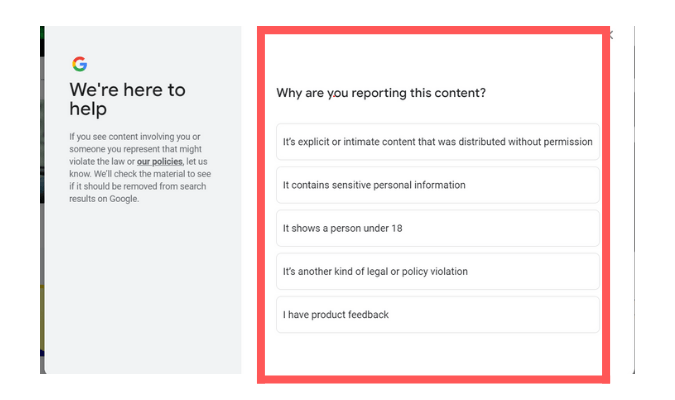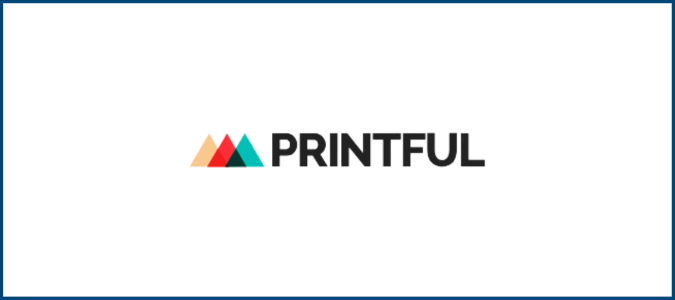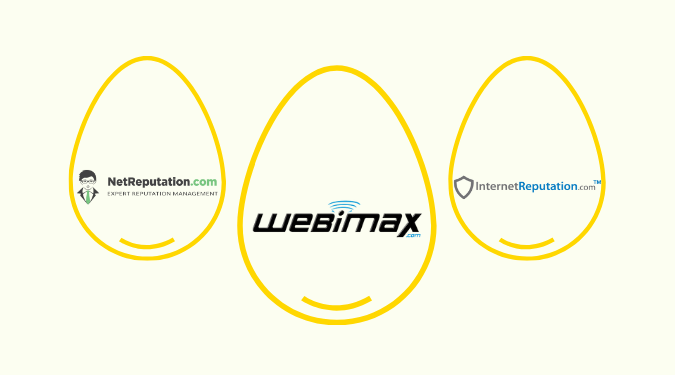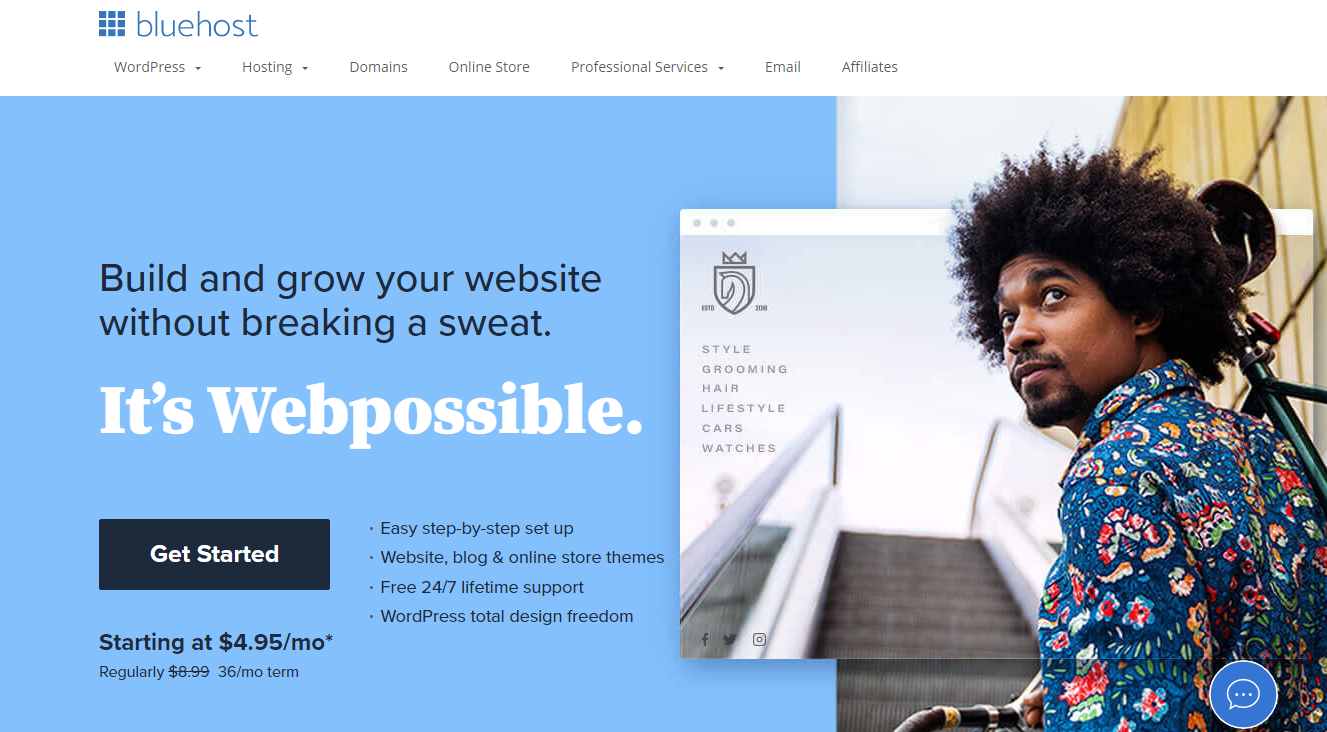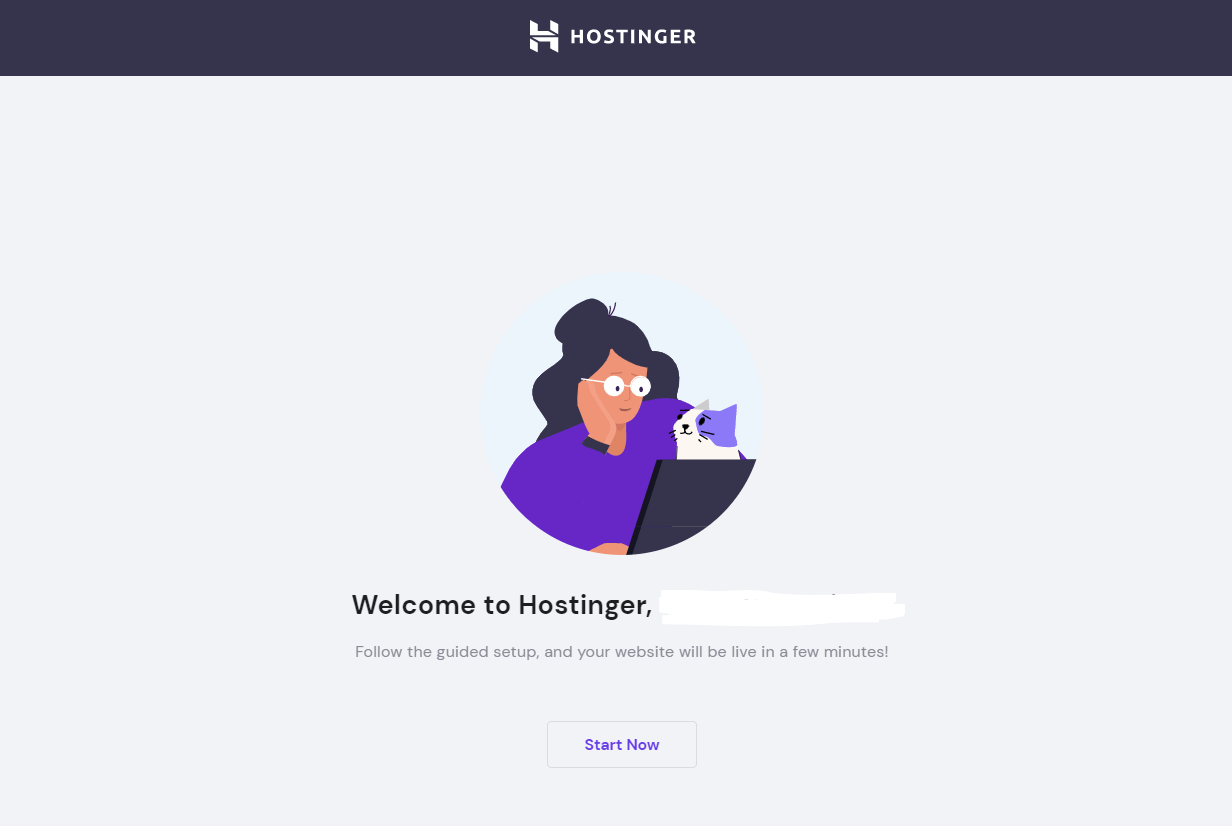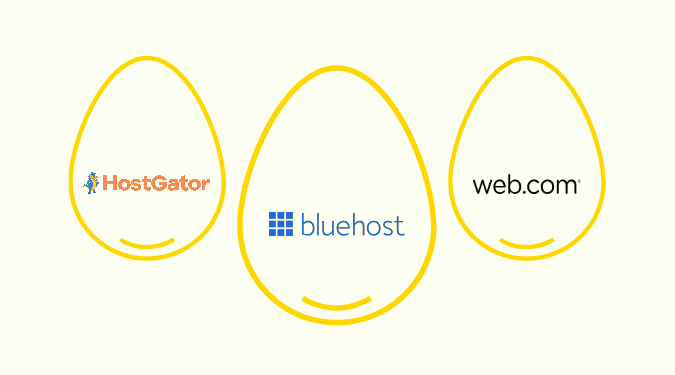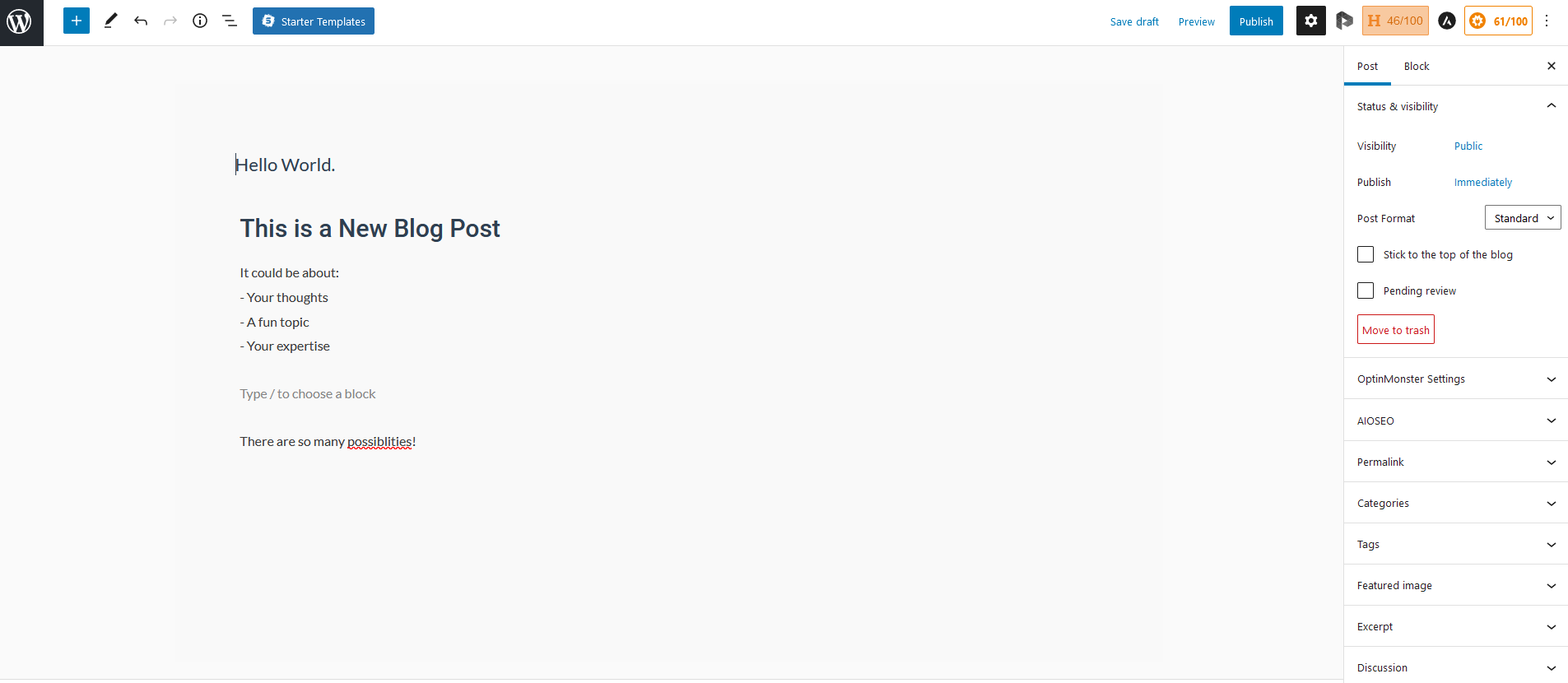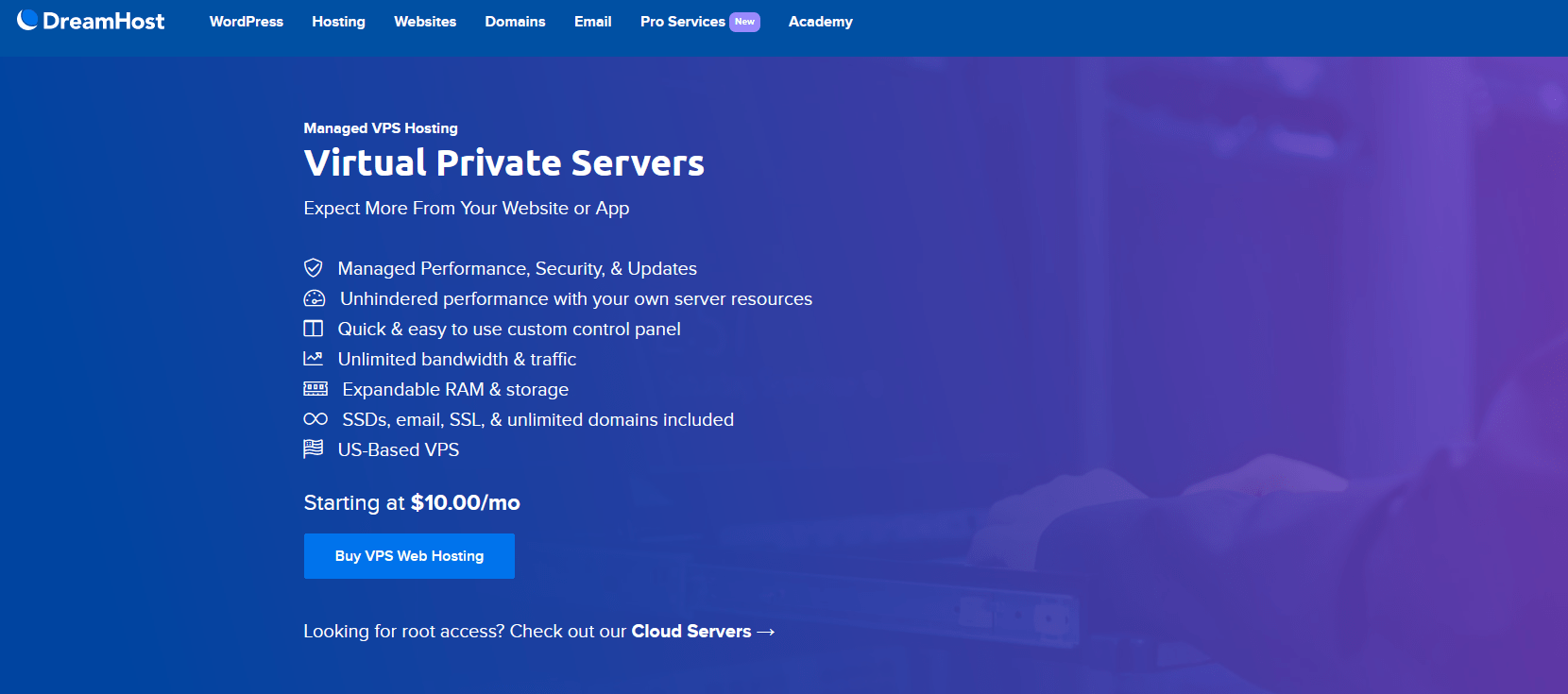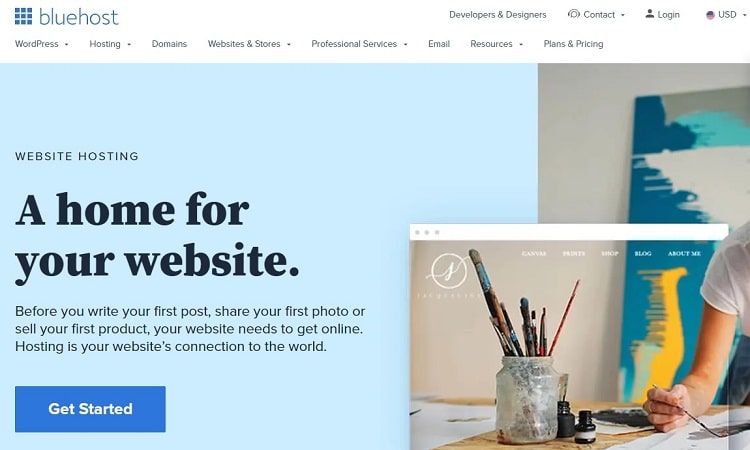Building your ecommerce website starts with choosing the right platform. When you want a user-friendly setup, Big Cartel and Shopify have the tools you need to create a successful shop that reaches potential buyers.
Between the two, Shopify comes out ahead by far. It has many more features that make it ideal for starting an online shop, whether you’re a sales veteran or starting your first business. Big Cartel has its merits, especially for artists, but it can’t compare to Shopify’s advanced tools.
Still, Big Cartel has its virtues. And, the platform you eventually choose may be based on what you plan to sell.

Big Cartel Compared to Shopify
Big Cartel’s free platform draws many sellers, and it has enough features for beginners to figure out the ecommerce process. It offers some features that other platforms only give you with more expensive packages, like real-time stats, discounts, and promos. However, it lacks many tools that may be important for your business and sets pretty strict limits on how many products you can list. Try Big Cartel today for free.
Shopify has earned its place as one of the most popular ecommerce platforms out there. Its marketing resources help you reach customers, bolstered by SEO tools that make it easier to rank high in search engine results. Plus, despite its advanced features, it’s one of the easiest ways to create and manage your online shop. Try Shopify with a three-day free trial.
More Top Ecommerce Platforms and Software
Shopify and Big Cartel aren’t the only ecommerce platforms available. That’s why we put together a list of several other options to show you the benefits and drawbacks to using each one. We thoroughly researched 12 web store platforms to bring you a comprehensive look at which one will work best for your business. See all of our top picks.
Where Big Cartel Shines

Free plan: Big Cartel is one of the only ecommerce platforms that lets you sell for free indefinitely. Many others have a free trial, but Big Cartel’s free plan works well for sellers who want to test the waters. It does limit how much you can sell (you’re limited to only five products), but you can still take advantage of the platform’s themes, custom domain, and inventory management capabilities.
Easy onboarding: Some other platforms make you figure things out on your own. Big Cartel gives you helpful prompts as you set up your store and reminders to complete every part of your shop setup so your website is optimized before you go live and start selling. However, the website builder can present a challenge if you want to make any advanced changes to your shop, as you’ll need coding knowledge to go beyond the basics.
Responsive themes: Big Cartel offers 19 different themes for your ecommerce site, even on its free-forever plan. Each theme is already optimized for mobile, which can help with search engine rankings and allows customers to shop on any device without extra work on your part.

Focused on creatives: The focus on artists and creators sets Big Cartel apart from all other ecommerce platforms, including Shopify. Big Cartel makes it easy to display your artwork. And, since most artists don’t mass-produce their work, the platform’s product limits are never a concern. With its free plan, you can easily connect to social media to show off your creative output on your web store.
Promotions and discounts: Big Cartel lets you offer discounts and promotions with all its plans, including the free one. This lets you create a complete shopping experience for customers while boosting repeat purchases and loyalty. Many other platforms only offer these features with more expensive packages, so Big Cartel stands out for its customizable discount feature.

Selling on social: Big Cartel easily connects to social media platforms where you can promote and sell your art. Connect your shop and share your products on Instagram, Twitter, Facebook, and other platforms.
No transaction fees: No matter which plan you use, you don’t have to pay a transaction fee with Big Cartel. The only fees you’ll see are those imposed by the payment gateways you use, as well as standard credit card fees.
Where Big Cartel Falls Short
Simplistic themes and site builder: While Big Cartel’s themes are free and optimized for mobile, they come with the drawback that you can’t do much tweaking with them without coding. These can limit the design potential of your store—if you’re going for individuality, it’s harder to achieve with Big Cartel.
Product limits: Big Cartel’s product limits may not be a big deal for artists who have fewer products, but the free plan only allows you to sell five items with one photo each. Even as you upgrade, you’ll only be able to sell a maximum of 500 products at the most expensive tier. That may not be enough for some businesses, especially ambitious ones that want to grow their product lines over time.
Limited selling features: Big Cartel only supports three types of payments—PayPal, Stripe, and Square. This can limit your ability to sell to everyone, especially international customers. Additionally, it doesn’t offer a customer login, which is very inconvenient for repeat customers.

No abandoned cart recovery: If you hoped that an upgraded package would give you abandoned cart recovery, you’ll be disappointed. Big Cartel doesn’t offer it at any tier, and while this may not make or break your business, abandoned cart recovery makes a big difference in whether customers purchase from your shop and maximize your revenue potential.
Poor customer support: Many users say that while Big Cartel has plenty of built-in support for navigation and shop setup, the same can’t be said for when you have a problem that needs a human to address it. You can use its knowledge base, but if you can’t find your answer, you’ll have to contact the company by email, and they’re only available Monday through Friday from 9 a.m. to 6 p.m.
Where Shopify Shines

Website builder: Shopify’s drag-and-drop page building interface makes it easy for you to customize the theme you start from. The platform requires no coding knowledge, and you can choose from 70 templates, including many free ones. The website builder makes your shop easy to customize, and you automatically gain high-quality security when you publish your ecommerce site on Shopify.
Marketing and SEO: Shopify can write your product descriptions for you if you don’t have the time or desire to. Its SEO tools further ensure that your site is optimized to help it appear in search results and draw in more customers. Plus, Shopify will automatically redirect customers to your site if you change your URL.

Business support resources: Shopify knows that not all businesses are built the same and that different industries have different needs. That’s why it offers specific resources dedicated to an array of product types, including targeted marketing. It shows you the best ways to get your web store seen by the right people.
Branding resources: Shopify has a wide selection of branding tools to get you started with minimal effort, including its logo maker, business name generator, invoice generator, and business card maker. The platform also comes with stock photos, industry-compatible themes, and more to build your image and market your business in a way that draws your target audience.

Business management: With tracking for finances, orders, and engagement, you have all the tools you need to manage your shop from one place, even on its mobile app. The platform keeps everything organized, so you can fulfill orders and manage refunds and returns quickly. Plus, with its most advanced package, Shopify gives you up to 88% off shipping costs. It partners with couriers, too, so you don’t have to worry about sourcing your own. The platform even has its own shipping calculator, so there’s no guessing when it comes to costs.
Payment methods: Shopify supports all major payment gateways, making purchasing more convenient for your customers. Its PCI-compliant platform is secure with strong encryption that keeps your customers safe while they shop.

Sales channels: When you want to sell on social media, Shopify has built-in tools that reach across several platforms. You can sell using TikTok and Instagram when you sync your catalog with your social accounts. Once you set up selling across channels, your customers can checkout directly with social media.
Shopping cart options: Shopify is one of the most secure platforms when it comes to shopping carts, with its 256-bit SSL certificate and Level 1 PCI-DSS compliance. It also comes with a “Buy Now” button and abandoned cart recovery without requiring you to pay extra for either feature.

International selling: Shopify comes with 21 available languages, but that’s only the tip of the iceberg for its international perks. Its international inventory locations allow you to ship your products globally and maintain accurate product stock information on your site, no matter where customers are when they view your site.
Where Shopify Falls Short
Poor support for services: While Shopify excels at providing a place for you to sell products, it has fewer resources for selling services. It doesn’t let you schedule appointments as easily as other ecommerce platforms or have as many capabilities for non-shippable sales.
Minimal content support: Shopify isn’t built for on-site content, as it’s a sales-focused platform. While others let you set up blogging, video, and other types of content to support your web store, Shopify limits that kind of web marketing. Still, by connecting it to social media, you can bring new customers to your site.
The Final Verdict on Big Cartel Compared to Shopify
Shopify supports businesses of all sizes, whereas Big Cartel tends to focus on smaller artists or stores with only a handful of products. That doesn’t make Big Cartel a less valuable platform on its own, and many sellers may still find it workable for their businesses.
However, Shopify has more features and flexibility for most businesses. Its plans can get pricey for sole proprietors, including artists. But if you plan to grow your business, Shopify is the way to go.
Shopify lets you choose from three packages:

The Basic plan is $39 per month ($29 per month when billed annually) and gives you a custom domain with your online store. With one staff account, you can stock unlimited products in your shop. You can sell across channels with 1000 inventory locations, and your site is always secure with a free SSL certificate.
Basic reports show you how your audience responds to your products and marketing, so you always stock popular items. When it comes time to ship, the Basic plan offers shipping discounts up to 77%, depending on the carrier.
You can sell gift cards, and you have abandoned cart recovery without having to purchase a more expensive plan. Plus, if you have a problem, Shopify Basic gives you 24/7 support with all plans.
The Shopify plan allows for five staff accounts and 1000 inventory locations for $105 per month ($79 if billed annually). It discounts your shipping costs up to 88%, lowers transaction fees, and its standard reports give you deeper insights into your ecommerce site.
With the Advanced plan—$399 per month or $299 if billed annually—you get the same 1000 inventory locations and 15 staff accounts. This contains more advanced reporting than any other plan, along with the lowest transaction fees of all packages. Use automations to cut down on manual work when managing your shop and easily calculate taxes.
You can try all of Shopify’s plans with a three-day free trial.
Big Cartel isn’t as advanced as Shopify, regardless of your plan. It has three packages to choose from:

Big Cartel’s Gold plan limits you to five products and one image per product, which won’t be enough for many users. But it’s completely free forever, which is a huge differentiator. It has 19 free themes and lets you sell both online and in-person with a custom domain. You can also track shipments and create product option groups.
This plan’s real-time statistics show how your products do with your audience at any given time. With Gold, you can offer discounts and run promotions and calculate sales tax automatically.
Platinum boosts you to 50 products with five images each for $9.99 per month. At this level, you can edit your theme’s code and use Google Analytics to keep track of your marketing and product success. Inventory tracking and bulk editing make it even easier to manage your shop with this plan.
The Diamond plan offers all the same features as the Platinum, but with a 500-product limit. Essentially, you’re paying $19.99 per month for the ability to list more stock and options.
Shopify wins out as the best ecommerce platform by far. It offers more features and tools to help you sell, and it’s built for convenience. Plus, Big Cartel lacks many key features, such as abandoned cart recovery.
For a unique, comprehensive online store, choose Shopify. However, if you’re an artist or solopreneur, Big Cartel may still be the right platform for you.
To discover even more ecommerce platforms and software solutions, check out our top list with reviews:
- Bluehost – Best for automatic WooCommerce store setup
- Shopify – Best all-in-one ecommerce platform
- Wix – Best ecommerce platform for beginners
- Squarespace – Best portfolio-based ecommerce builder
- BigCommerce – Best for multichannel sales
- Ecwid – Best free shopping cart extension
- WooCommerce – Best ecommerce plugin for WordPress
- Shift4Shop – Best ecommerce platform for developers
- Easy Digital Downloads – Best WordPress plugin for digital products
- Volusion – Best ecommerce platform for large stores
- Magento – Best enterprise ecommerce platform

